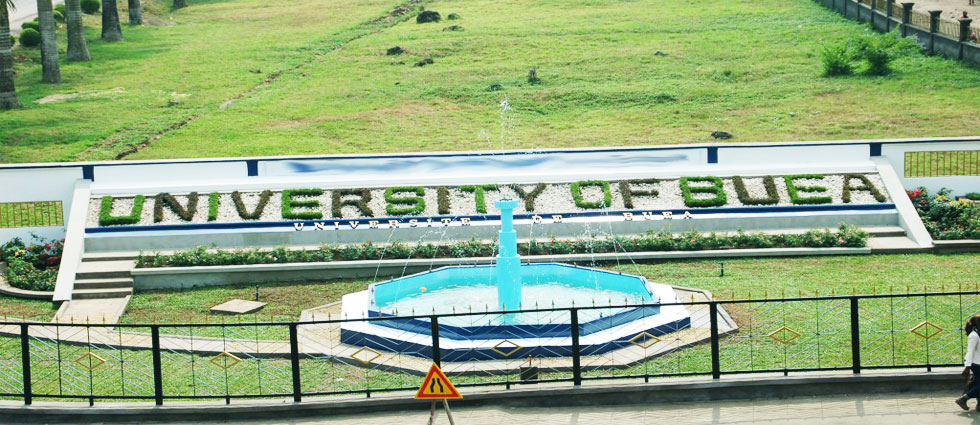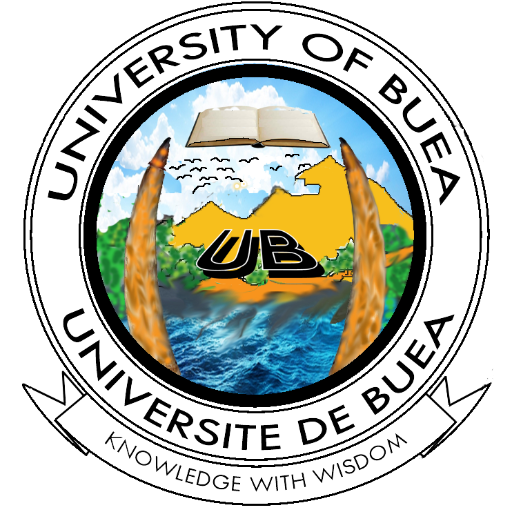Détails de la formation

Bachelor Degree-Computer Networks and Systems Maintenance

Buea, Cameroon
50,000 francs CFA
Computer Science & IT
3-4 years
Full-time
Course Start- 25 Sep 2017
OBJECTIVES OF DEGREE PROGRAMME
The Department seeks to provide quality instruction at undergraduate level. It also encourages hands-on, which would enable its graduates to be able to harness forces and exploit resources so that they can be instruments for development. In this respect, the undergraduate courses lay emphasis on the teaching of basic Engineering principles and on the applications of various Engineering concepts, enhanced by practical sessions.
The department also offers a professional Higher National Diploma (HND) programme in two years. The specific objectives for the Computer Networks and system maintenance are:
– To produce graduates who are well-educated in the fundamental concepts of Computer Networks and systems maintenance;
– To produce graduates who are capable of continuing their professional development throughout their career by combining theory with its application in Computer Engineering practice;
– To build human resource capacity in the Computer Network and system maintenance discipline in both the public and private sectors to students who wish to become proficient in developing Computer networks in a variety of platforms using a methodical approach;
This degree course fall within the Department of Computer Engineering and is awarded by the University of Buea.
STRUCTURE OF PROGRAMME FOR B.Tech. IN COMPUTER ENGINEERING WITH OPTION IN COMPUTER NETWORKS AND SYSTEMS MAINTENANCE
The university fees amount to 50,000 francs CFA per year, payable in a single tranche or in two tranches of 25,000 francs CFA each. A student at the Faculty for the current year is considered to be a student who completed at least one installment before November 15 and the second installment before April 30 of the year of enrollment . Once the university fees have been paid, the receipts must be certified, at least in duplicate, to the Administrative and Financial Division (DAF). In addition, academic registration for the various semester courses in the chosen course must be made before 20 November for the first semester and before 10 May for the second semester. This academic registration is made to the Level Coordinators in the respective Departments after presentation of the receipts of the University Rights.
ADMISSIONS REQUIREMENTS
In addition to the general university requirements candidates must obtain a minimum
of grade D at the Advanced level in Physics and Mathematics. Candidates with
Baccalaureate Technical in Electrical Technology are also admitted.
The admission requirements set out below are the minimum requirements which may entitle an applicant to a place in the University for First Degree Courses.
- The GCE O/L, with passes in five approved subjects including English Language prior to sitting the GCE A/L
- One of the following requirements in the GCE A/L:
- Two GCE/AL passes at the same sitting.
- The BAC in the series appropriate to the intended field for specialization.
- Candidates with other qualifications considered by Senate as the equivalent of these qualifications.
- Individual departments may impose additional and specific requirements.
- Students whose language of instruction was not English, will be required to pass a prescribed English Language test, unless they have successfully completed the Special Intensive English Language Course.
GRADUATION REQUIREMENTS
B.Tech. in Computer Engineering. In order to be awarded the degree of B.Tech. in Computer Engineering a total of 180 credits is required.
SKILLS TO BE ACQUIRED
At the end of the programme, the following skills should be acquired:
– Ability to understand sophisticated techniques in PC repair, including external I/O devices, printers, mobile computing devices, purchasing and building PCs, troubleshooting, support, virus protection, data protection, and recovery.repair and maintenance.
– Ability to understand how computers communicate with each other, how computers are grouped together to form networks, networking concepts and issues that are key to the successful implementation of computer networks, and the different networking implementation strategies and technologies currently available.
EMPLOYMENT OPPORTUNITIES
The students will have opportunities in the following areas;
– As a technical staff in industries related to Computer networking and systems maintenance.
– As a Chief Executive Officer (CEO) in a small and medium sized company
– As a teacher in secondary school for Computer Networks and System Maintenance both in O level and A level.
Partager cette formation:
Shortlist
You have to be logged in to your account, to Shortlist the course.
Register/ LoginRequest More Info now
To request further Info about this course you must be logged in to your account
Register/ Login